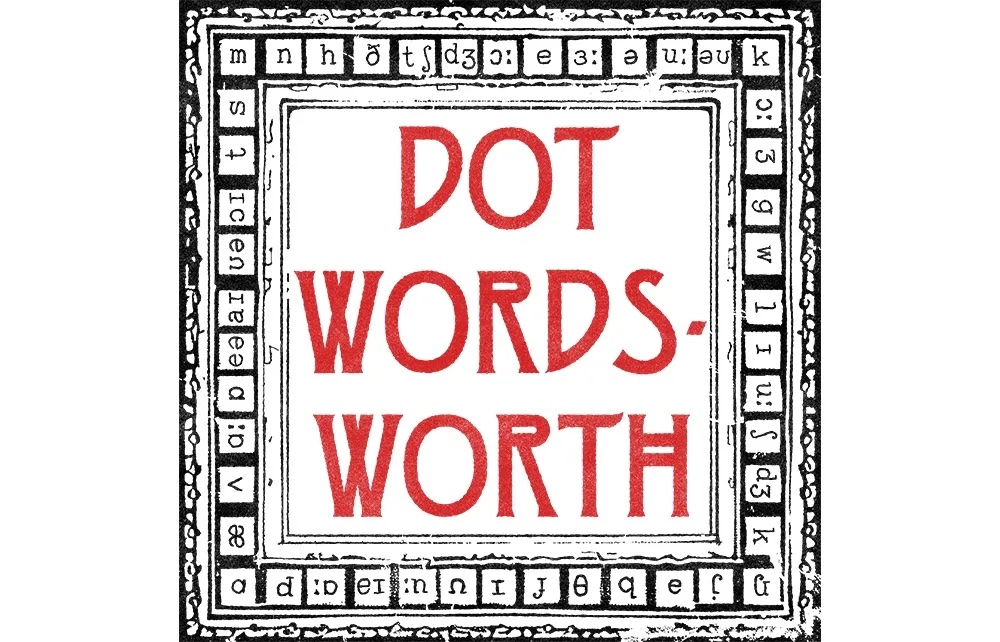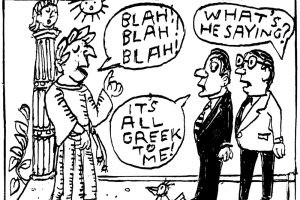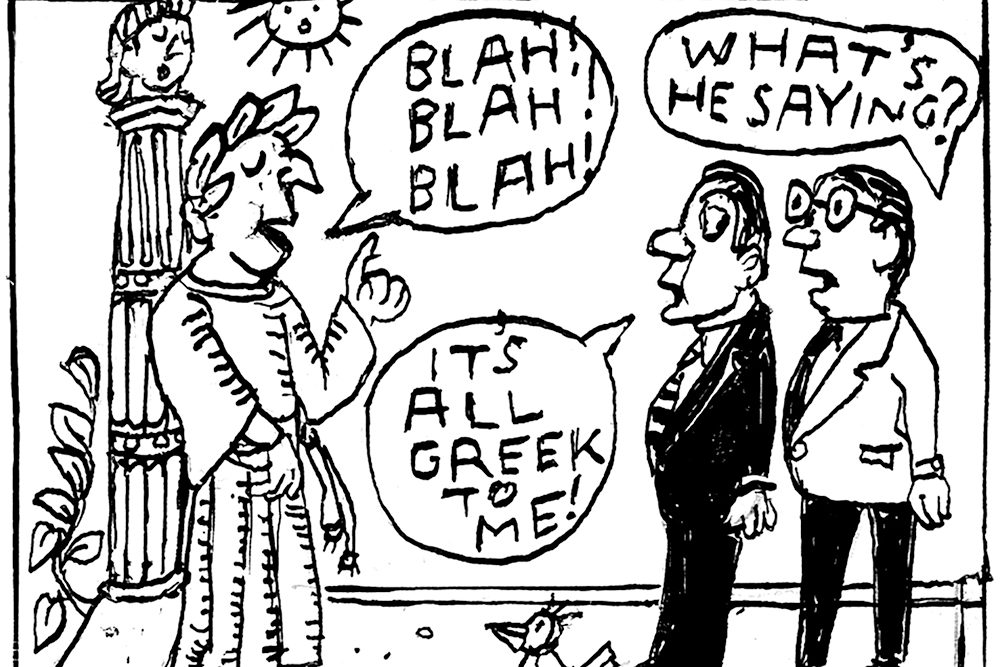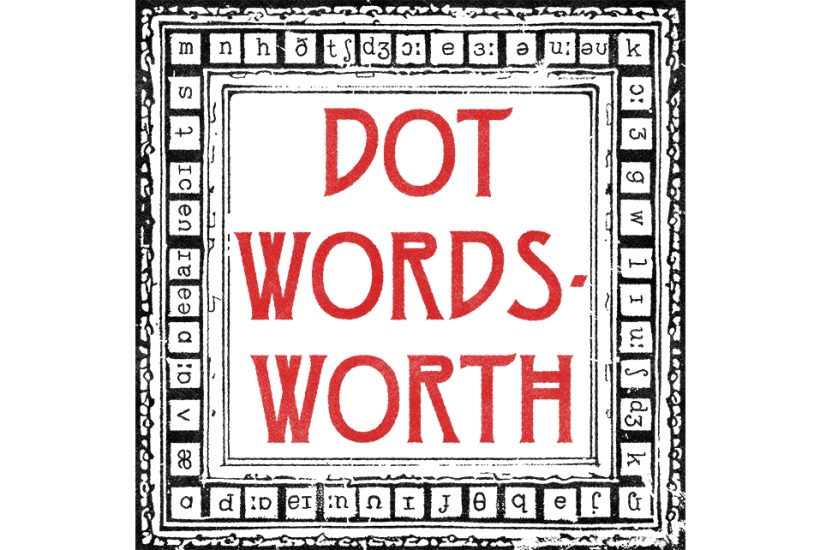“I regard this as a single-sex space,” said my husband as I perched in his study, on the arm of a chair which was piled with books, trying to find out if he’d eat monkfish if provided with it.
Gender frenzy has left some puzzling wreckage in the language. The Times of London recently reported that a drunken architect took a meat cleaver and pursued a teenager, “who locked themself into the bathroom.” The writer did not want to specify the teenager’s sex, but did want to keep him or her singular. Another author, this time in the Guardian, wrote about “how an abuser finds themselves classified in this way.”
On the wilder shores of Britain’s Sun newspaper, a piece explained that “someone who calls themself a ‘starseed’ is a human who believes they were aliens in a past life.” Grammatical number there is a bramble patch. It could have been: “People who call themselves ‘starseeds’ are humans who believe they were aliens in a past life.” Perhaps we should have stuck to it as the sexually unspecific pronoun. Babies have long been called it, even when their sex was known.
Surprisingly, the chaos of themselves and themself has been going on for some 800 years. |Of themself, the Oxford English Dictionary remarks that it is “somewhat rare between 16th and 19th centuries.”
Walter Raleigh, writing in 1618 of the Moors, called them “the progeny of such Arabians as after their Conquests seated themself in that part of Africa.” William Shakespeare, on the other hand, used themselves to refer to one person, as in his 1594 poem The Rape of Lucrece: “Everie one to rest themselves.”
One can see subtleties. A magazine in 1905 quoted a woman: “Every one at breakfast, she added, in an awed voice, ‘had a finger-bowl to themself.’” It wasn’t just for all in the group. In speech, if not at the breakfast table, we remain pretty tolerant of the mess.
This article was originally published in The Spectator’s July 2025 World edition.























Leave a Reply